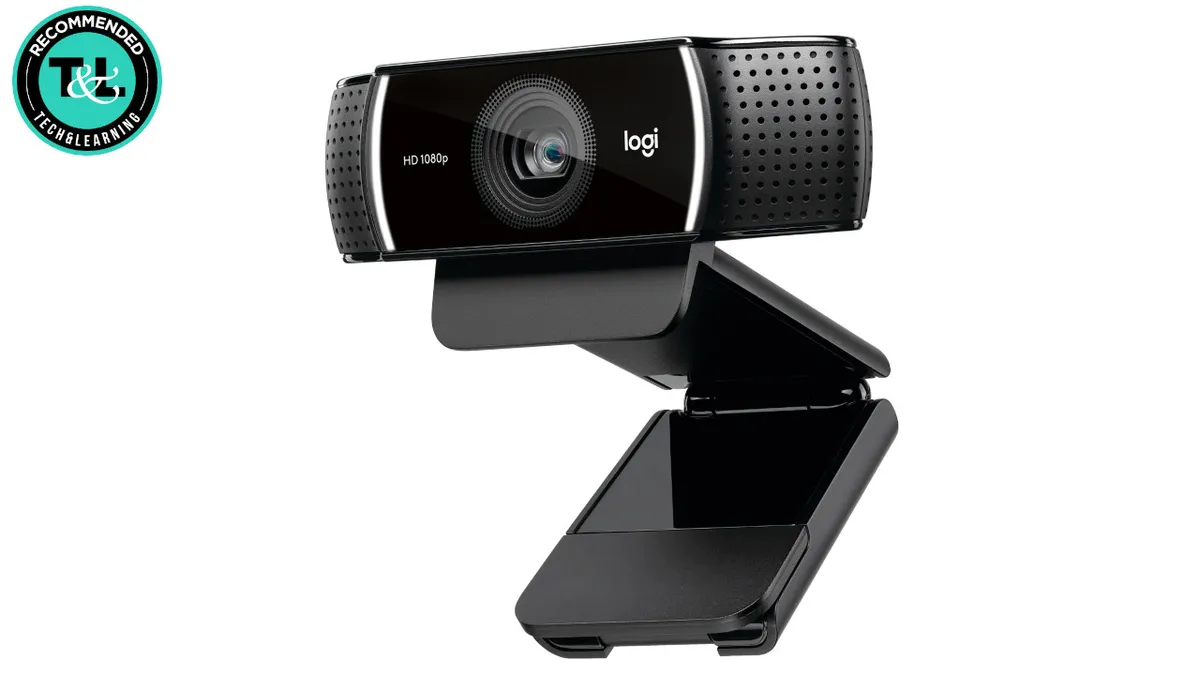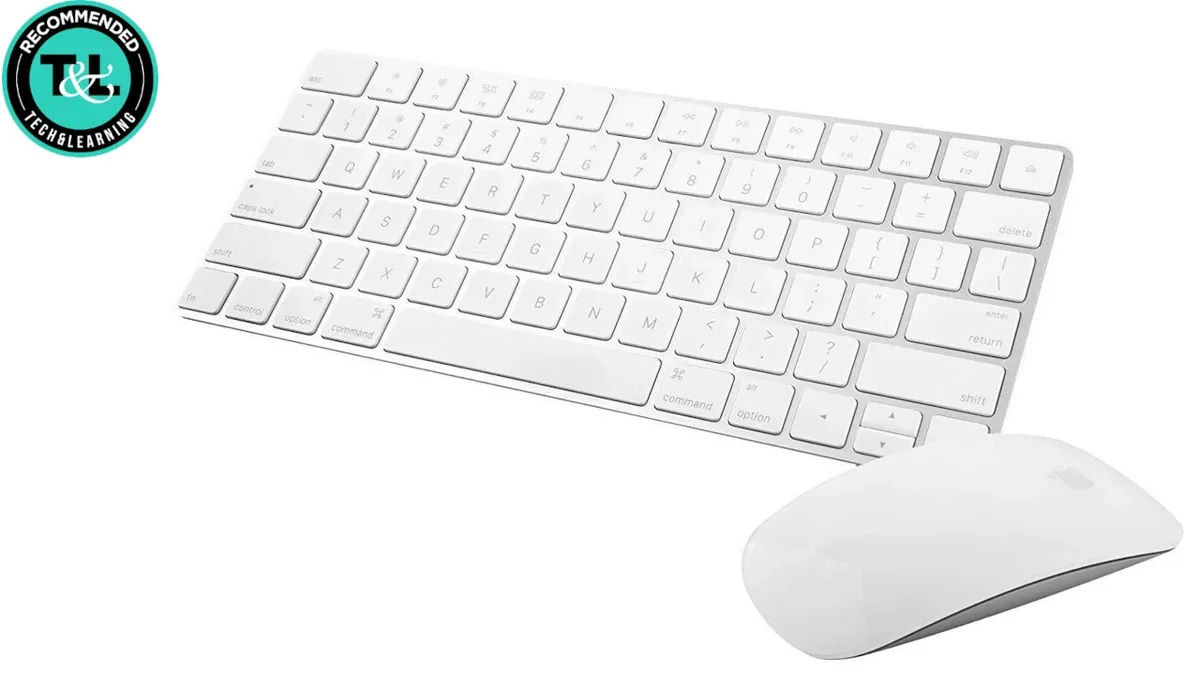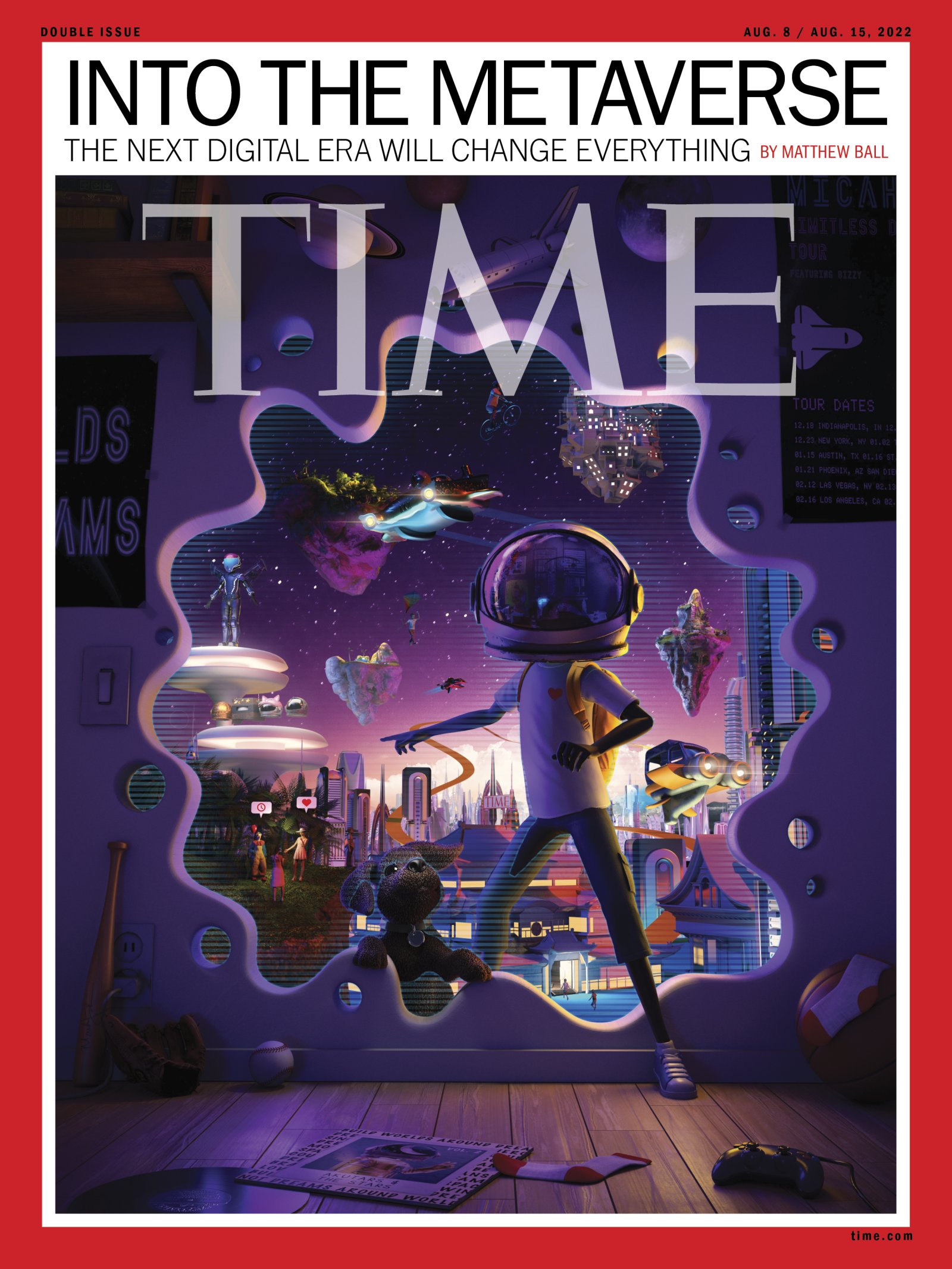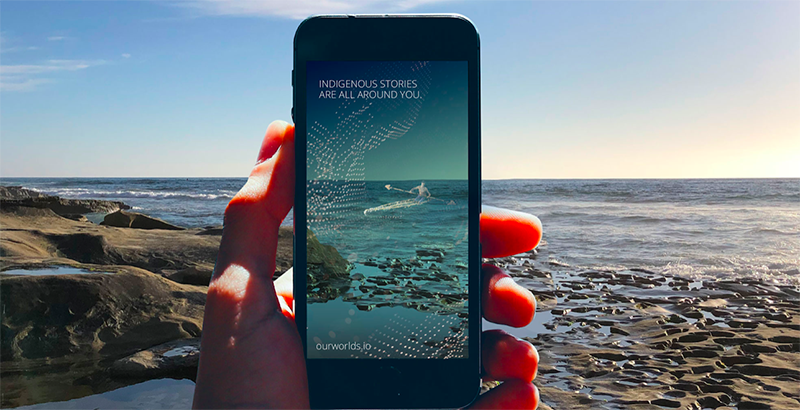Tech Survey 2022 — from lawtechnologytoday.org
Excerpt:
The ABA Legal Technology Survey Report is the most comprehensive study available of lawyers’ actual technology use, spanning a vast range of topics from security and basic office software to technology budgets, marketing tools, and much more. The survey has been published annually for more than 20 years. The 2022 edition features five volumes, each with detailed charts, tables, and trends.
TechReport 2022: Technology Budget and Planning — from lawtechnologytoday.org by Taylor Young
Excerpt:
Each year the American Bar Association’s Legal Technology Resource Center surveys ABA members to discover how lawyers are using technology in their practices nationwide. The 2022 ABA Legal Technology Survey Report is published in five volumes: Online Research, Technology Basics & Security, Law Office Technology, Marketing & Communication Technology, Litigation Technology & E-Discovery. The published results represent one of the most comprehensive technology surveys of lawyers available.
2022 ABA Tech Survey provides information on attorney use of iPhones and iPads — from legaltechmonitor.com by Jeff Richardson
Excerpt:
For over three decades, the ABA has conducted an annual survey of lawyers to find out what legal technology they use. These results are released every year by the ABA Legal Technology Resource Center. The 2022 report was just released (edited by Taylor Young, and researched by Taylor Young and Joshua Poje). There are five volumes, and you can purchase a copy using this page of the ABA website.
I have been looking at these reports every year since 2010 because they have been the best source of statistics on the use of mobile technology by lawyers. (My reports on the prior ABA surveys are located here: 2021, 2020, 2019, 2018, 2017, 2016, 2015, 2014, 2013, 2012, 2011, 2010.)
AALS Selects 2023 Scholarly Papers Competition Winner — from aals.org
Excerpt (emphasis DSC):
Washington, DC (November 22, 2022) – The Association of American Law Schools (AALS) has announced the winner of the 2023 AALS Scholarly Papers Competition for law school faculty members in the field for five years or fewer.
The competition’s selection committee recognized the following outstanding paper:
-
- Nicole Summers, Associate Professor, Georgetown University Law Center, “Civil Probation.”
In “Civil Probation,” Summers investigates the outcomes of eviction settlements. Based on her empirical findings, she advances a novel theory of “civil probation” within the eviction legal system. The article will be published in an upcoming issue of Stanford Law Review.
…
“With eviction complaints comprising nearly a quarter of all civil filings, it’s crucial we develop policies that address the myriad ways tenants are systemically disadvantaged in the cases and ultimately harmed. I am very grateful to my mentors and colleagues for encouraging and supporting me in this project.”













